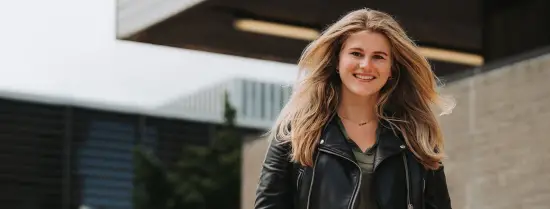What does this study entail?
Tourism has grown into one of the most important industries in today’s world economy. The field has become more and more diverse, because of globalisation and digitalisation. This calls for new professionals who possess the knowledge and skills to anticipate and understand the global dynamics between societies, cultures, and tourism.
As a Tourism, Culture and Society student you will study tourism from a multi-disciplinary perspective based on a combination of sociology, cultural studies, heritage and media studies. You will learn to find creative solutions and think constructively about developments within the tourism industry. This interdisciplinary approach makes Tourism, Culture and Society stand out.
Is this the right programme for you?
What makes a city or region attractive to visit? What role do media play in tourism industries? And how do people experience local culture and heritage? These are just some examples of questions that you will learn to answer during this master specialisation. Join our programme and become a specialist in tourism. We provide you with the knowledge and skills to anticipate and understand the global dynamics between societies, cultures, and tourism.
A word from our students and alumni
Five reasons to study Tourism, Culture and Society at the EUR
- As one of the few master specialisations in tourism, this programme is interdisciplinary and combines research from sociological, cultural and media perspectives;
- you will be able to approach today’s challenges in the tourism industry from different perspectives and find creative solutions;
- throughout the whole year, you will be guided and supported by our lecturers who are renowned scholars on top of new developments and cutting-edge studies in the field;
- according to Times Higher Education, EUR is one of the 125 most international universities of the world. This means encountering lecturers and students from all over the globe;
- studying in Rotterdam means studying in a young, dynamic metropolis which keeps developing rapidly. Sparkling skyscrapers, an impressive port, hip restaurants and food markets, renowned museums, special attractions and awesome festivals can all be found in Rotterdam. Making Rotterdam the perfect case study for upcoming tourism.


